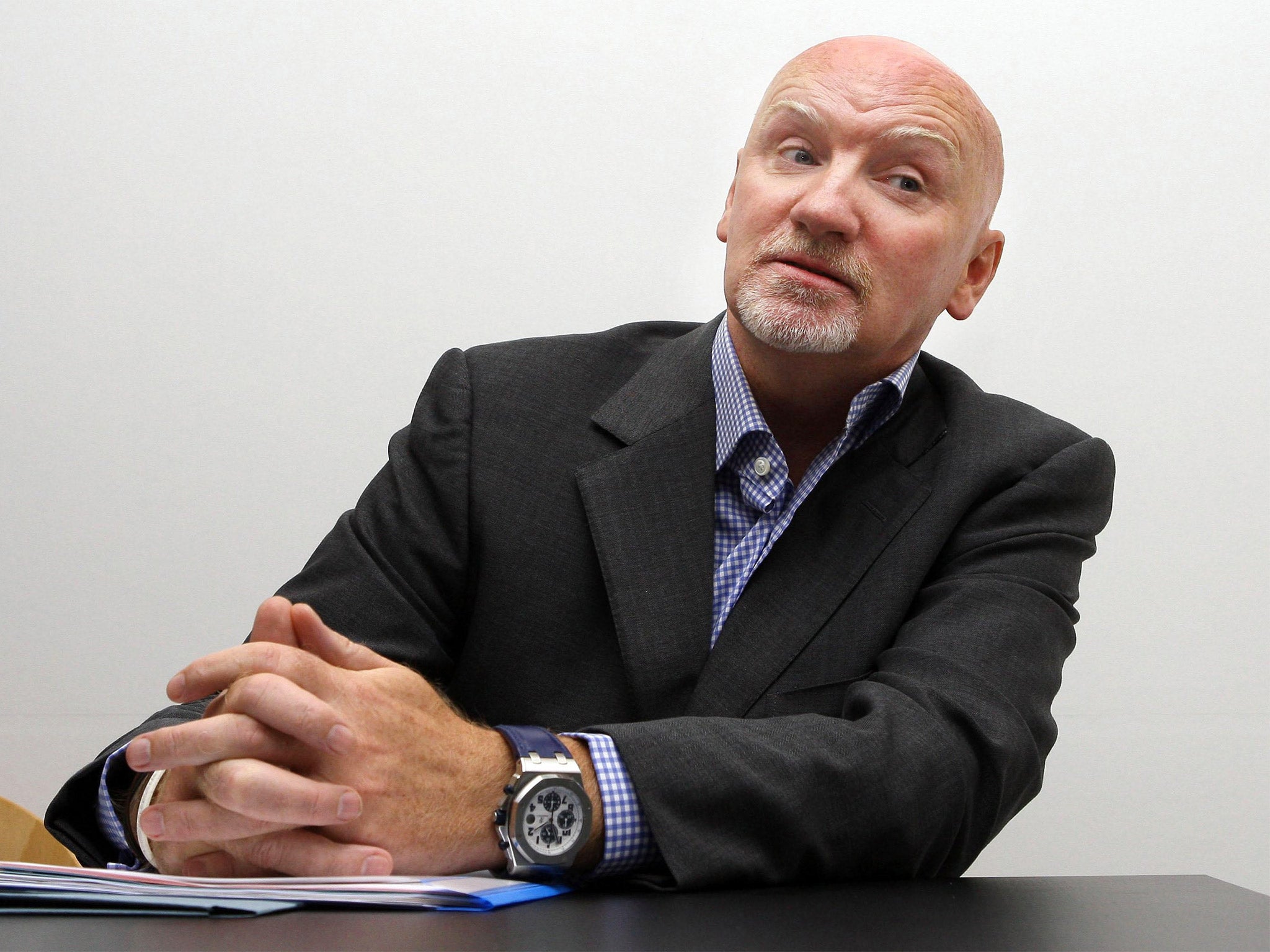Scotland will become poorer under new devolved powers, report claims
Study comes amid accusations PM has failed to honour pre-referendum 'vow'

Your support helps us to tell the story
From reproductive rights to climate change to Big Tech, The Independent is on the ground when the story is developing. Whether it's investigating the financials of Elon Musk's pro-Trump PAC or producing our latest documentary, 'The A Word', which shines a light on the American women fighting for reproductive rights, we know how important it is to parse out the facts from the messaging.
At such a critical moment in US history, we need reporters on the ground. Your donation allows us to keep sending journalists to speak to both sides of the story.
The Independent is trusted by Americans across the entire political spectrum. And unlike many other quality news outlets, we choose not to lock Americans out of our reporting and analysis with paywalls. We believe quality journalism should be available to everyone, paid for by those who can afford it.
Your support makes all the difference.New powers set to be devolved to Scotland from Westminster are likely to make the country poorer than it was before the independence referendum, according to a report by one of the country’s most successful businessmen.
However, the study, commissioned by Sir Tom Hunter, also found that if Scotland had voted to leave the UK, it would now have a £7bn hole in its finances due to the collapse in oil prices – leaving the country facing “higher borrowing or increased austerity”.
The new research was published as the SNP accused David Cameron of failing to honour the so-called “vow” of maximum devolution made days before last year’s historic vote. During an angry exchange in the House of Commons, the Prime Minister retorted that the SNP’s complaints were “all bluster”.
The study said the changes contained in the Scotland Bill would place a significant administrative burden on the Scottish Government, concluding that the country is likely to be left with “more powers but less money”. It was carried out by David Bell, a professor of economics at the University of Stirling, on behalf of Sir Tom’s foundation.
In his foreword to the report, Sir Tom said Scotland “may well be worse off economically” as a result of the changes. “Whilst conferring new powers so we can look after our own policies, there is no new money in the pot and unless magic powers are to be deployed, the new funds require administering – so costs, not savings, will be the order of the day,” he wrote.
The study also warned that the devolution of welfare powers fell short of what had been promised. However, it added that the country’s finances would be in serious trouble if it had voted for independence.
The collapse in oil prices would have posed a “significant threat” to the economy of an independent Scotland, it said, suggesting that annual revenues of £7.5bn forecast by the SNP before the vote had turned out to be a £7bn overestimate. Increased taxes or severely reduced spending would have been the result, it added.
Reacting to the report, a spokesperson for the SNP said Scotland would only be able to grow if it was handed “full economic powers”, adding: “Tom Hunter is right to point out that the Scotland Bill falls well short of even the limited powers of the Smith Commission – leaving too many key powers in the hands of the UK Government which should be transferred to Scotland.”
It also emerged that Alex Salmond would have declared a “new and unbreakable relationship” with Britain if Scotland had voted Yes to independence. The former First Minister had prepared a victory speech which he planned to deliver on the morning after the vote, in which he planned to describe Scotland as “a nation reborn”.
In his speech, published for the first time, Mr Salmond also intended to reassure Scots that their “lives, businesses, shops, schools and hospitals” would “continue exactly as before” in the wake of the Yes vote. “We did this. We made it happen. We believed. We trusted ourselves and trusted each other,” he planned to say.
Join our commenting forum
Join thought-provoking conversations, follow other Independent readers and see their replies
Comments